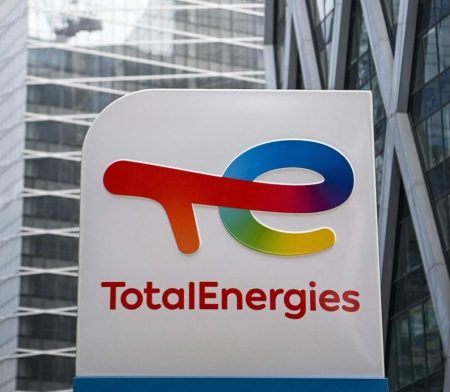 03 February 2014, Accra – Following reports that the Jubilee Partners are seeking approval from President John Dramani Mahama to start flaring some of the natural gas from the Jubilee Oil Fields, oil Economist Mohammed Amin Adam has come out strongly against the idea.
03 February 2014, Accra – Following reports that the Jubilee Partners are seeking approval from President John Dramani Mahama to start flaring some of the natural gas from the Jubilee Oil Fields, oil Economist Mohammed Amin Adam has come out strongly against the idea.
The initial agreement among the Jubilee Partners – Tullow PLC, Kosmos, Anadarko, PetroSA and the Ghana National Petroleum Corporation – was that any natural gas liberated from the Jubilee oil wells would be injected back into the well temporarily, pending the completion of the Atuabo Gas Project, which would channel it to our thermal plants to generate electricity.
But there is a limit to how much gas can be re-injected into any one oil well. At the time of this no-flaring agreement, the AGP was scheduled for completion in December 2012 or thereabouts, to process gas from the Jubilee fields for power generation.
Since then, however, the AGP completion date has been shifted several times. The new date for its completion is now April 2014. Meanwhile the Jubilee oil well can take no more injection of gas.
This implies one of two things: either production ceases until the AGP is ready to absorb the stored gas or in the absence of a new oil well, any gas liberated from further oil production must be flared, hence the request for permission to do so.
No such approval should be given, Mr. Adam says, because it could be injurious to human, marine and animal life:
“When gas is flared into the air it comes back as acid rain which runs into water bodies, farmlands and crops. If fishes take in the polluted water and are subsequently eaten by human beings, their health would be at risk. People could get dreadful skin diseases; some people can also get eye diseases, especially itchy eyes … ” Mr. Adam warns.
Critics of Mr. Adam’s opposition to granting permission for temporary flaring of Jubilee gas claim his fears are possibilities that may never happen.
Besides, the other options are less palatable: Definitely oil production cannot be halted nor can Ghana come up with the hard cash for the drilling of a new oil well, even if the other partners were to be so disposed, which cannot be guaranteed.
In any case, they insist, the drilling of a new well cannot be completed in a day and oil production must of necessity stop, if there is no flaring, for the duration it takes to complete the new well.
In the light of reports that big sister Nigeria has been flaring her gas since oil production started there in the 1950s till date, The Chronicle would tend to support the grant of permission for temporary flaring of Jubilee gas.
The Chronicle notes that in spite of Mr. Adam’s disapproval of gas flaring, he admitted that the Petroleum Law permits gas flaring under emergency conditions for operational purposes, but that “any company which flares gas must be made to pay for it.”
Of course refined natural gas (cooking gas) costs money. A 12.5 kg cylinder that went for GH¢19 about mid-2012 or early 2013, now goes for about GH¢40.
But unrefined gas should cost less. Even if the natural gas would be paid for at the refined rate, the Jubilee Partners would jump for it as a much, much lesser evil and preferable to shutting down production or sourcing funds for a new well, when it is not absolutely necessary.
The choice, we believe, is clear both for the government and the Jubilee Partners.
Meanwhile, the President Mahama administration must look for the money required to complete the Atuabo Gas Project by the latest March 31 2014 deadline, so that gas-flaring would truly be an emergency adventure that it is.
It is a job that must be done to avoid dire consequences!
– The Chronicle



